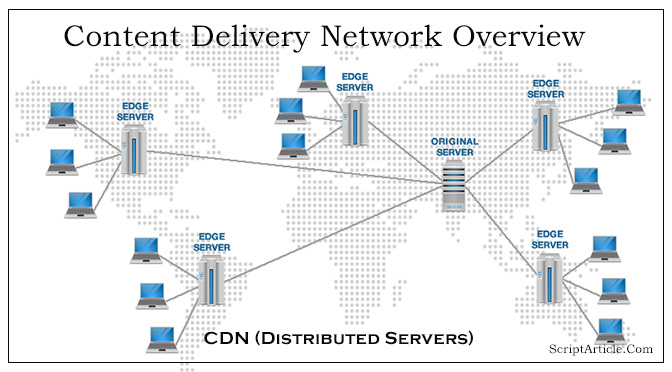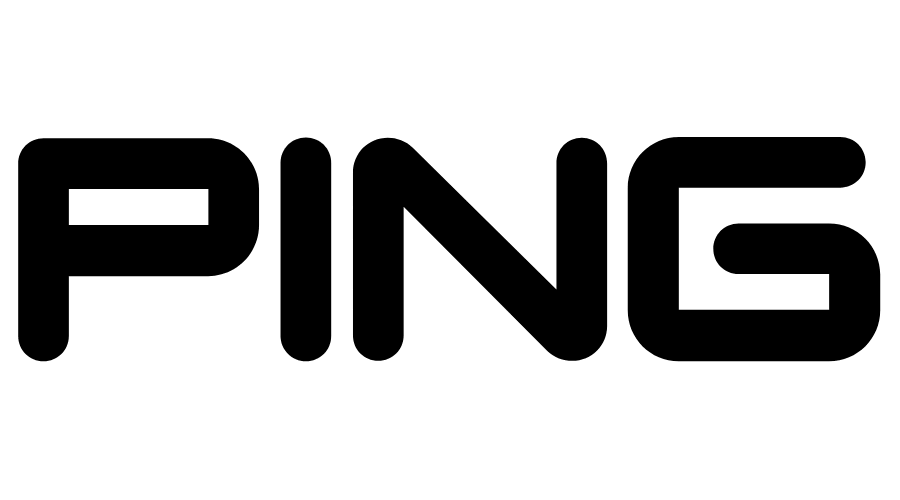
A Content Delivery Network (CDN) is a network of servers distributed around the world, which work together to deliver website content and other digital assets to end-users in a fast, reliable, and secure way. A CDN is designed to improve website performance and user experience by reducing latency and minimizing page load times.
When a user requests to access a website, the CDN determines the location of the user and serves the content from the server that is closest to the user’s location, instead of the original server hosting the website. This reduces the distance that data has to travel, thereby reducing the time it takes for the website to load. This distributed approach to content delivery also reduces the load on the origin server, which can help prevent downtime and improve website reliability.
The Benefits of Using A CDN
- Faster website loading times: A CDN stores your website’s files on multiple servers in various locations around the world. This means that when a user requests your website, the server closest to their location will deliver the content, resulting in faster loading times. Faster website loading times can lead to lower bounce rates, increased user engagement, and better search engine rankings.
- Improved website availability: If your website is hosted on a single server, it is vulnerable to downtime if the server experiences issues. With a CDN, your website is distributed across multiple servers, so if one server goes down, there are several other servers available to handle user requests, ensuring that your website remains available.
- Reduced server load: With a CDN, your website’s content is distributed across multiple servers, which can help reduce the load on your primary server. This can lead to improved website performance and faster loading times.
- Improved security: A CDN can help protect your website from cyber attacks such as Distributed Denial of Service (DDoS) attacks. Many CDNs have built-in security features such as firewalls and web application firewalls that can help protect your website from malicious traffic.
- Better SEO: Google considers website speed as a ranking factor, so using a CDN can improve your website’s SEO. Additionally, because CDNs reduce the load on your server, it can also improve your website’s overall performance, which is another ranking factor.
- Scalability: CDNs are designed to handle large amounts of traffic and are scalable. This means that as your website grows and your traffic increases, your CDN can handle the additional load without any issues.
- DDoS Protection: CDNs often have built-in DDoS protection, which can help protect your website from attacks. Because traffic is distributed across multiple servers, it’s much harder for attackers to overwhelm your server with traffic.

Are there any good, free, CDN providers?
- Cloudflare: Cloudflare offers a free plan that includes basic features like CDN, DDoS protection, SSL/TLS encryption, and caching.
- jsDelivr: jsDelivr is a free, open-source CDN that focuses on delivering JavaScript and other web-related assets.
- CoralCDN: CoralCDN is a peer-to-peer CDN that uses a distributed network of servers to deliver content. It’s completely free and can be used by anyone.
- Cdnjs: Cdnjs is a free CDN that specializes in delivering JavaScript and other web-related assets. It offers a simple, easy-to-use interface and a large library of popular scripts and libraries.

